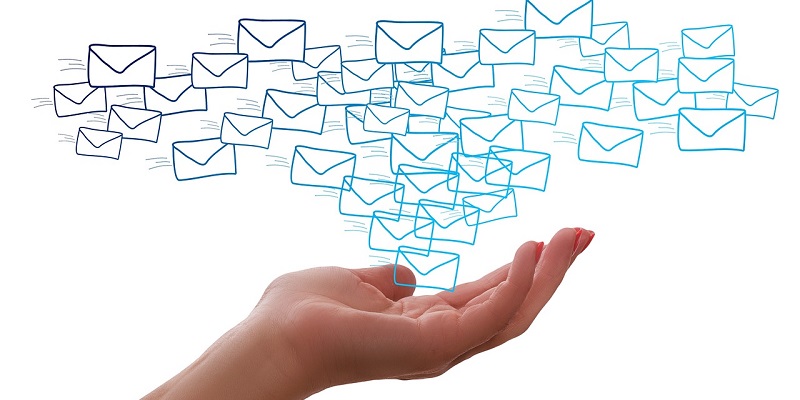Personalized emails have proven to be a game-changer in the world of digital marketing. Unlike generic emails, personalized ones consistently outperform by providing higher open and click-through rates. Businesses across industries have recognized the importance of connecting with their audience on a personal level to establish trust, drive engagement, and ultimately achieve marketing success.
The impact of personalized subject lines
A study conducted on email marketing revealed that personalized subject lines alone can increase open rates by an average of 26%. This statistic highlights the significant impact a simple personalization element can have on audience response. By customizing subject lines to include a recipient’s name or other relevant information, businesses can instantly capture their attention and entice them to open the email.
The role of data-driven personalization
Data-driven personalization empowers businesses to deliver exactly what their customers want. By analyzing and utilizing customer data effectively, companies can create personalized experiences that resonate with their target audience. This approach allows for greater segmentation and targeting, resulting in more relevant and engaging content.
Behavioral personalization takes data-driven personalization to the next level. By understanding individual customer preferences and behaviors, businesses can tailor their emails to meet specific needs and preferences. This level of personalization leads to higher open rates and click-through rates, as recipients receive content that precisely addresses their interests and desires.
The use of dynamic content for advanced email personalization
One of the most powerful tools in advanced email personalization is the use of dynamic content. With dynamic content, businesses can customize email elements such as images, text, and offers based on individual recipient data. For example, an online retailer can showcase products that align with a customer’s browsing history or purchase behavior. This level of personalization creates a unique and tailored experience for each recipient, increasing the likelihood of engagement and conversion.
Utilizing triggers for highly targeted follow-up emails
Setting up triggers that respond to specific customer actions allows businesses to send highly targeted follow-up emails. For example, if a customer abandons their shopping cart, a trigger can be set up to send a personalized email reminding them of the items left behind. This approach enhances personalization efforts and helps businesses capture sales that may have otherwise been lost.
Aligning emails with customer relationship stages
Another aspect of advanced personalization revolves around sending emails that align with where a customer is in their relationship with your brand. Whether they are a new subscriber, a loyal customer, or at risk of churning, tailoring email content to their specific stage can significantly improve engagement and loyalty. By providing relevant and timely information, businesses can nurture customer relationships and drive repeat purchases.
The benefits of advanced personalization techniques
These advanced personalization techniques allow businesses to connect with their audience on a personal level by providing relevant, timely, and valuable content and recommendations. This level of personalization creates a sense of trust and loyalty, increasing the likelihood of conversions and customer advocacy. Moreover, it helps businesses differentiate themselves from competitors and stand out in a crowded marketplace.
The future of email marketing personalization
The future of email marketing personalization is undergoing a significant transformation, largely driven by the integration of cutting-edge technologies such as predictive analytics and AI-driven solutions. These technologies enable businesses to anticipate customer needs and deliver hyper-personalized experiences at scale. By analyzing vast amounts of data, predictive analytics can identify patterns and make accurate predictions about individual customer preferences and behaviors. AI-driven solutions, on the other hand, can automate the personalization process and continuously optimize email campaigns based on real-time data.
Emphasize the necessity of embracing personalization for marketing success
Embracing personalization is no longer an option; it’s a must-have for marketing success. In today’s competitive landscape, customers expect personalized experiences and are more likely to engage with brands that cater to their individual needs. Businesses that fail to invest in email marketing personalization risk getting left behind and losing valuable opportunities to connect with their target audience.
Personalized emails have proven to be a powerful tool in driving engagement and conversions. By harnessing the potential of personalized subject lines, data-driven personalization, dynamic content, triggers, and aligning emails with customer relationship stages, businesses can take their email marketing efforts to the next level. The future of email marketing personalization holds even greater potential with advancements in predictive analytics and AI-driven solutions. As the marketing landscape continues to evolve, businesses must prioritize and invest in email marketing personalization to stay relevant, connect with their audience, and achieve marketing success.

